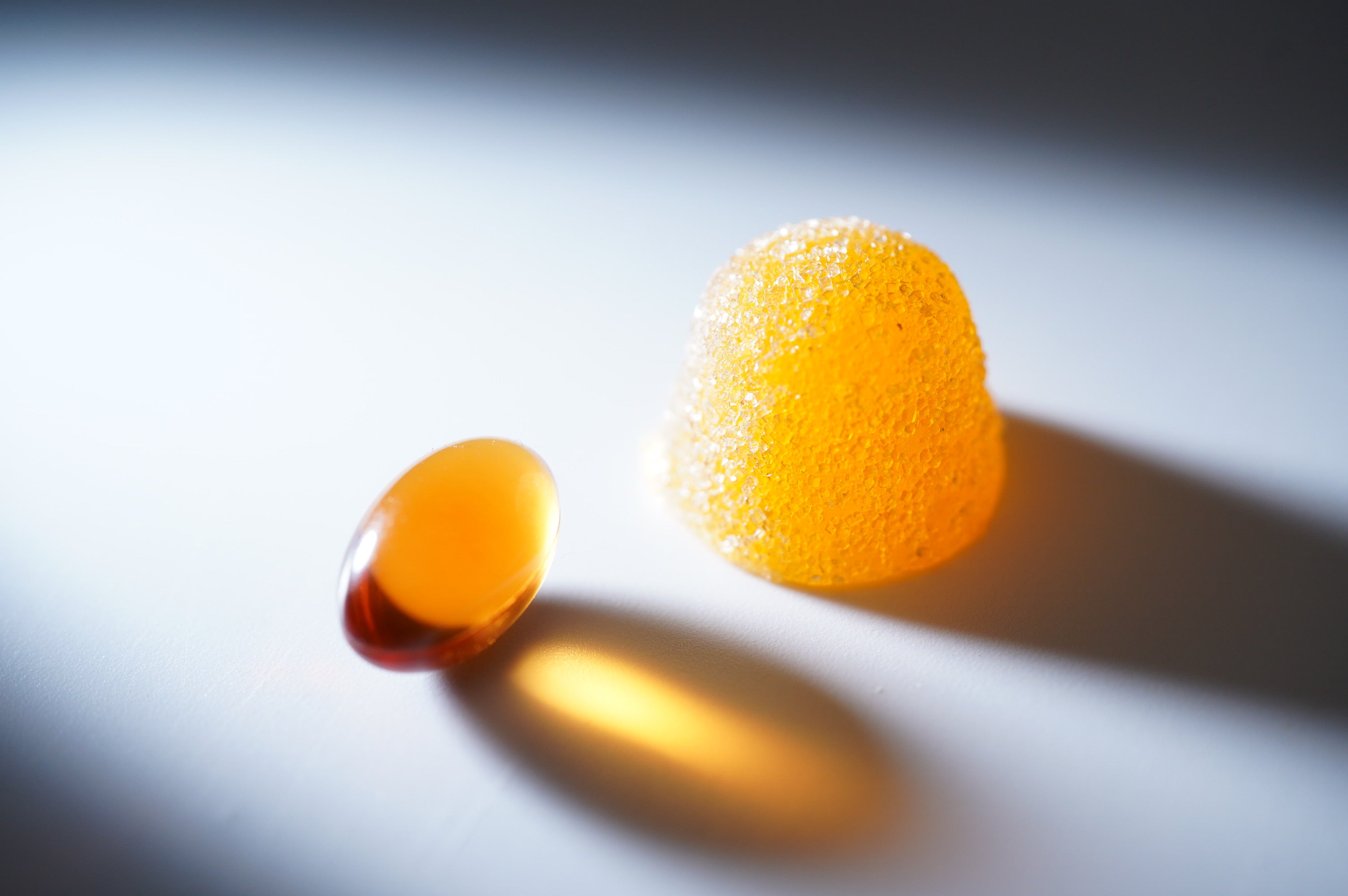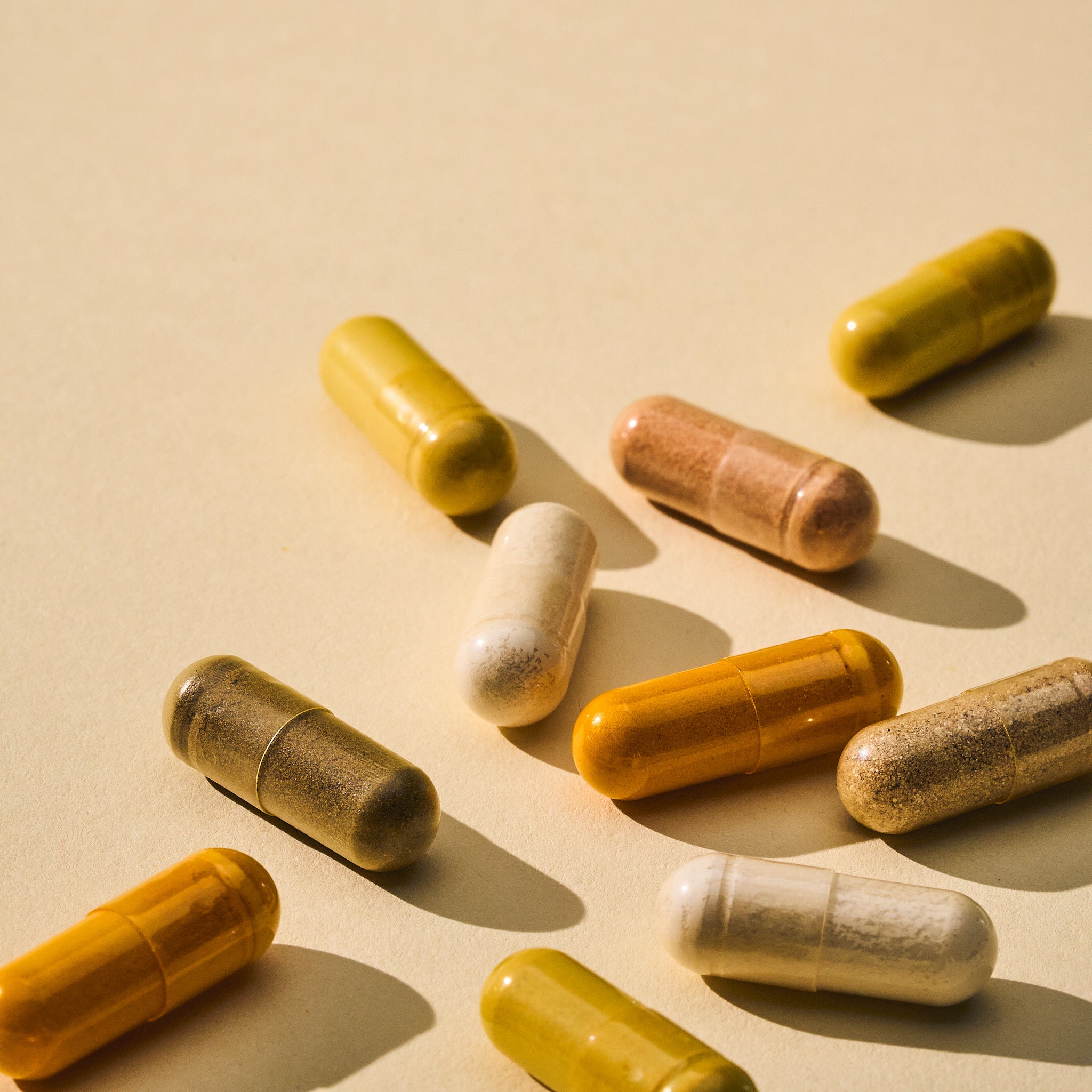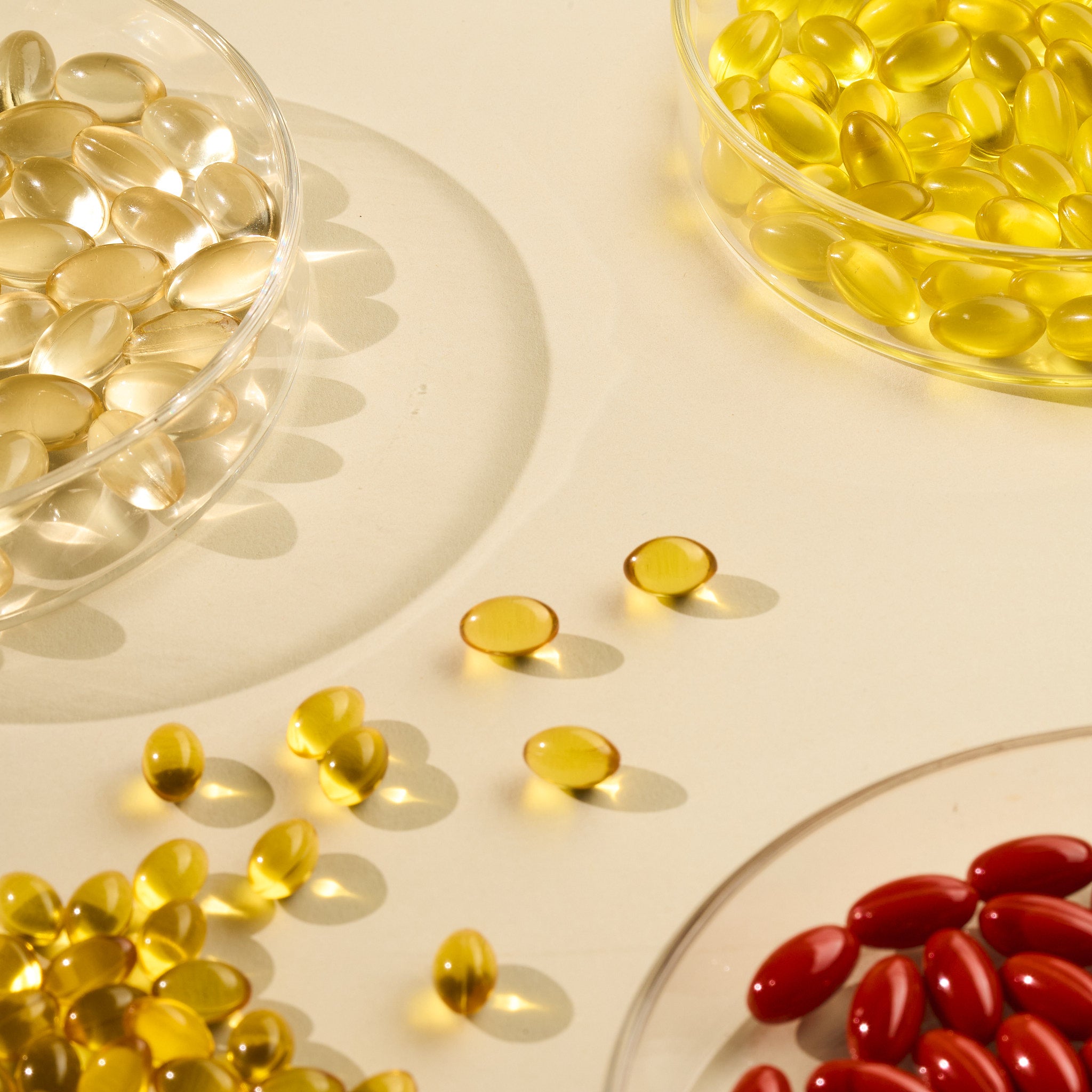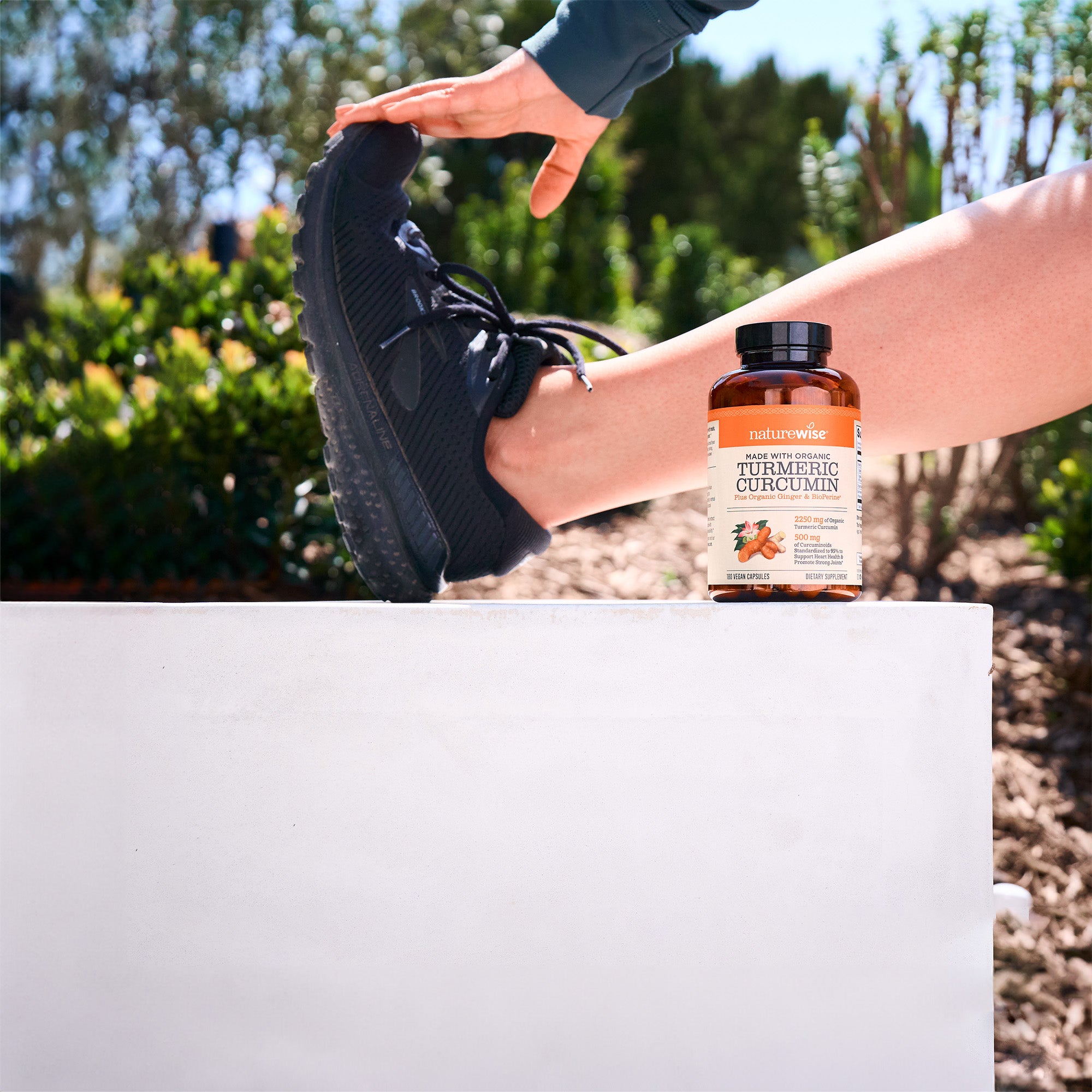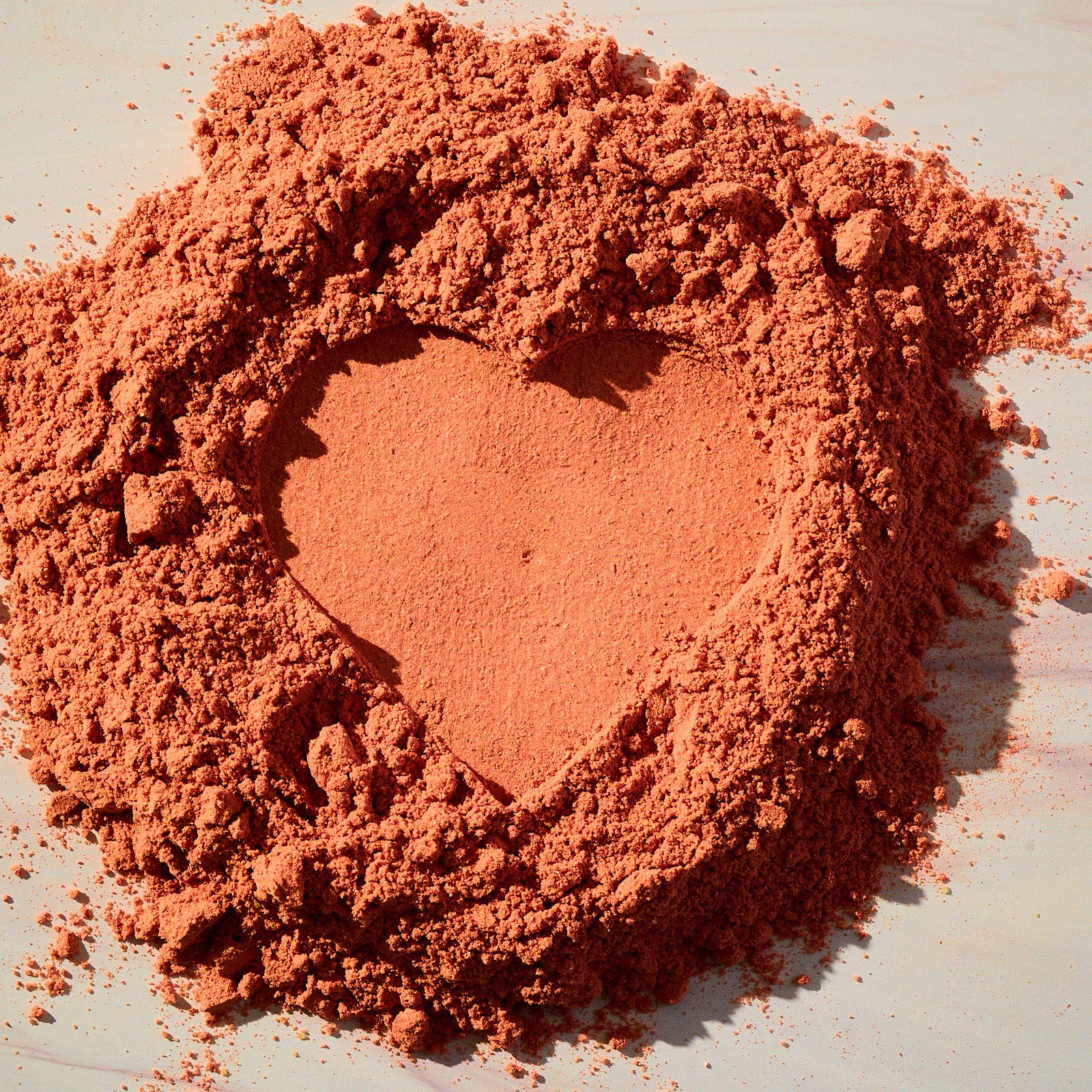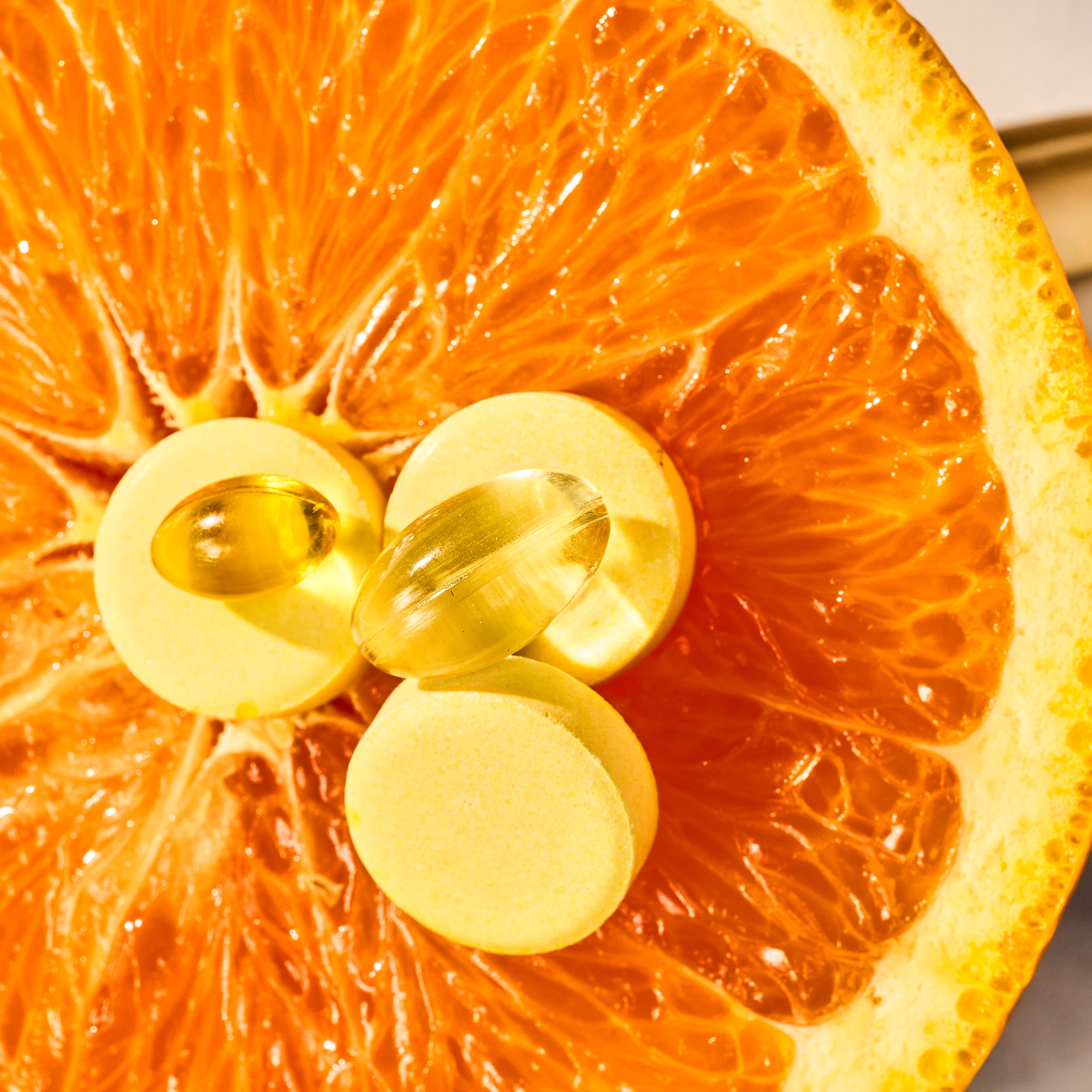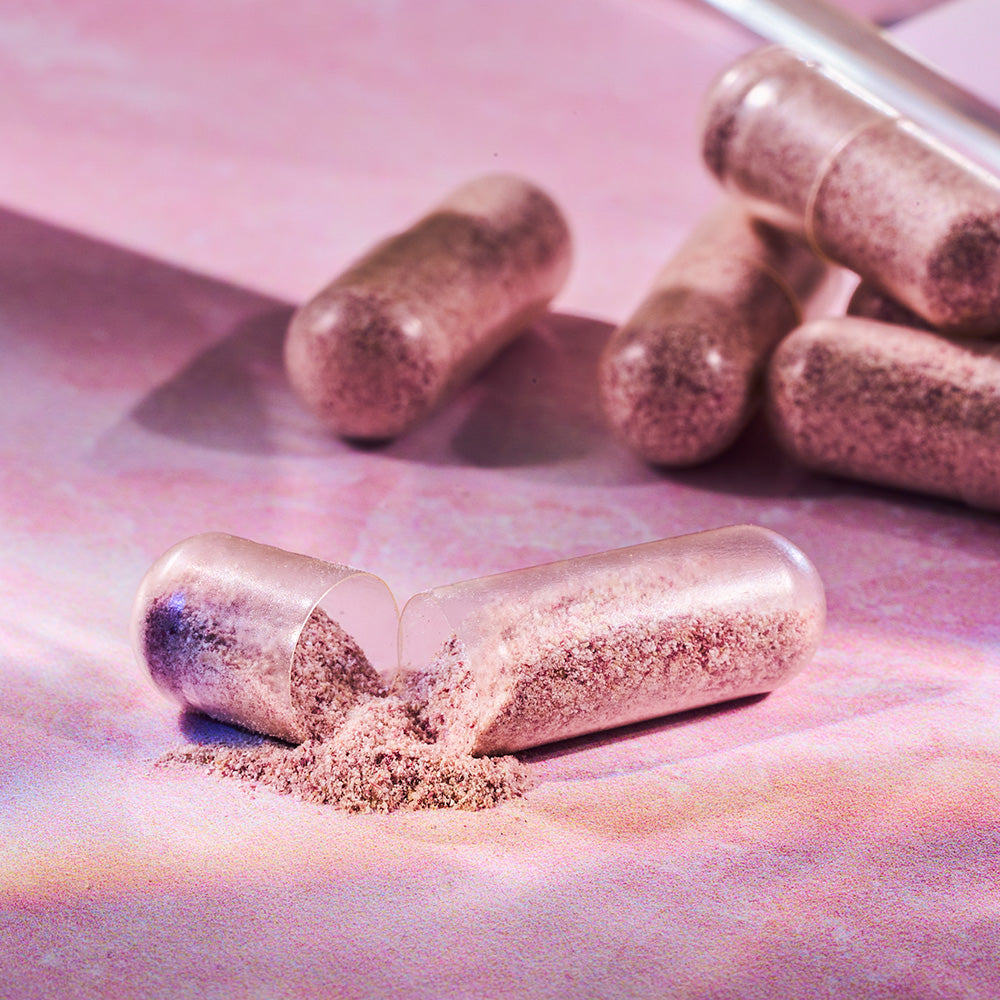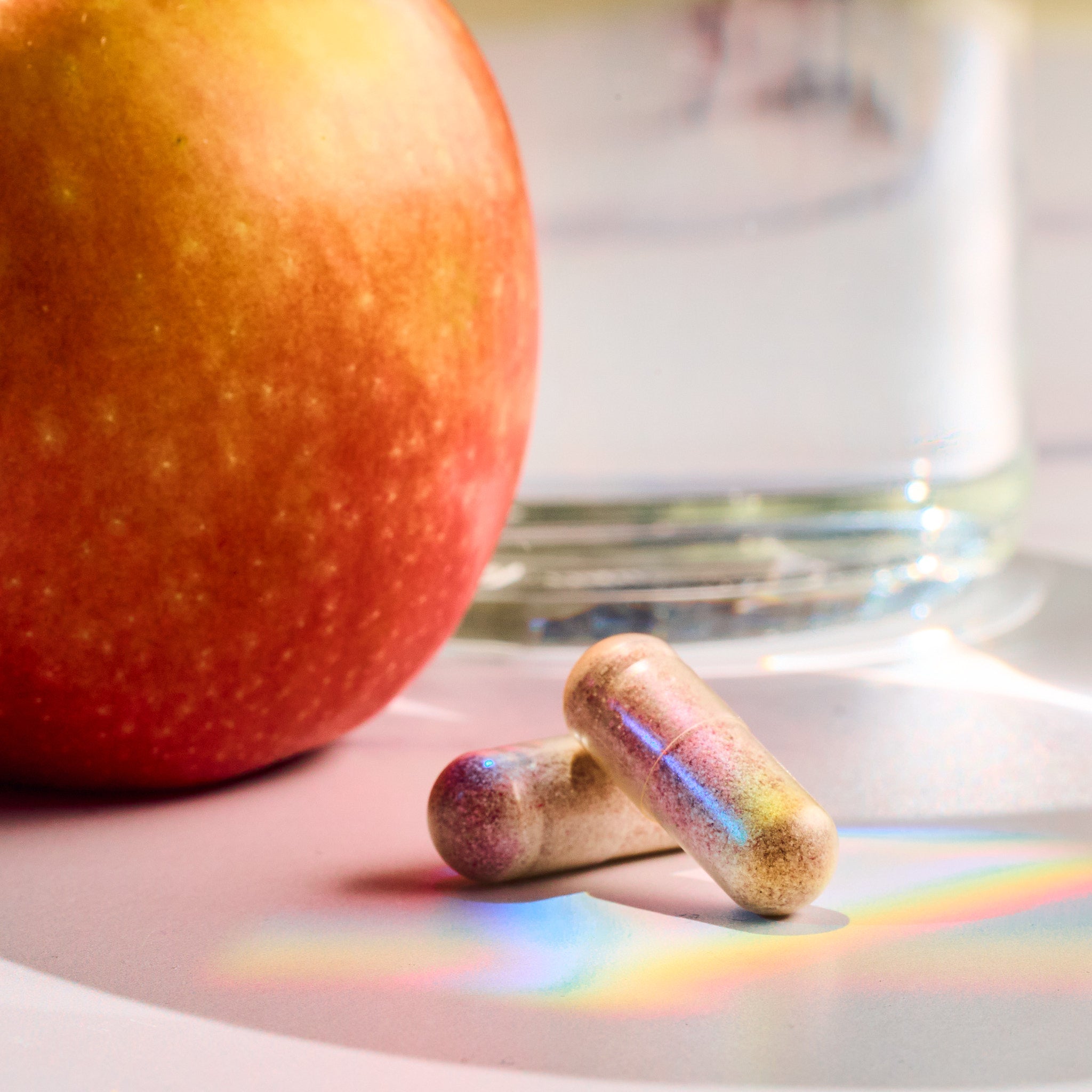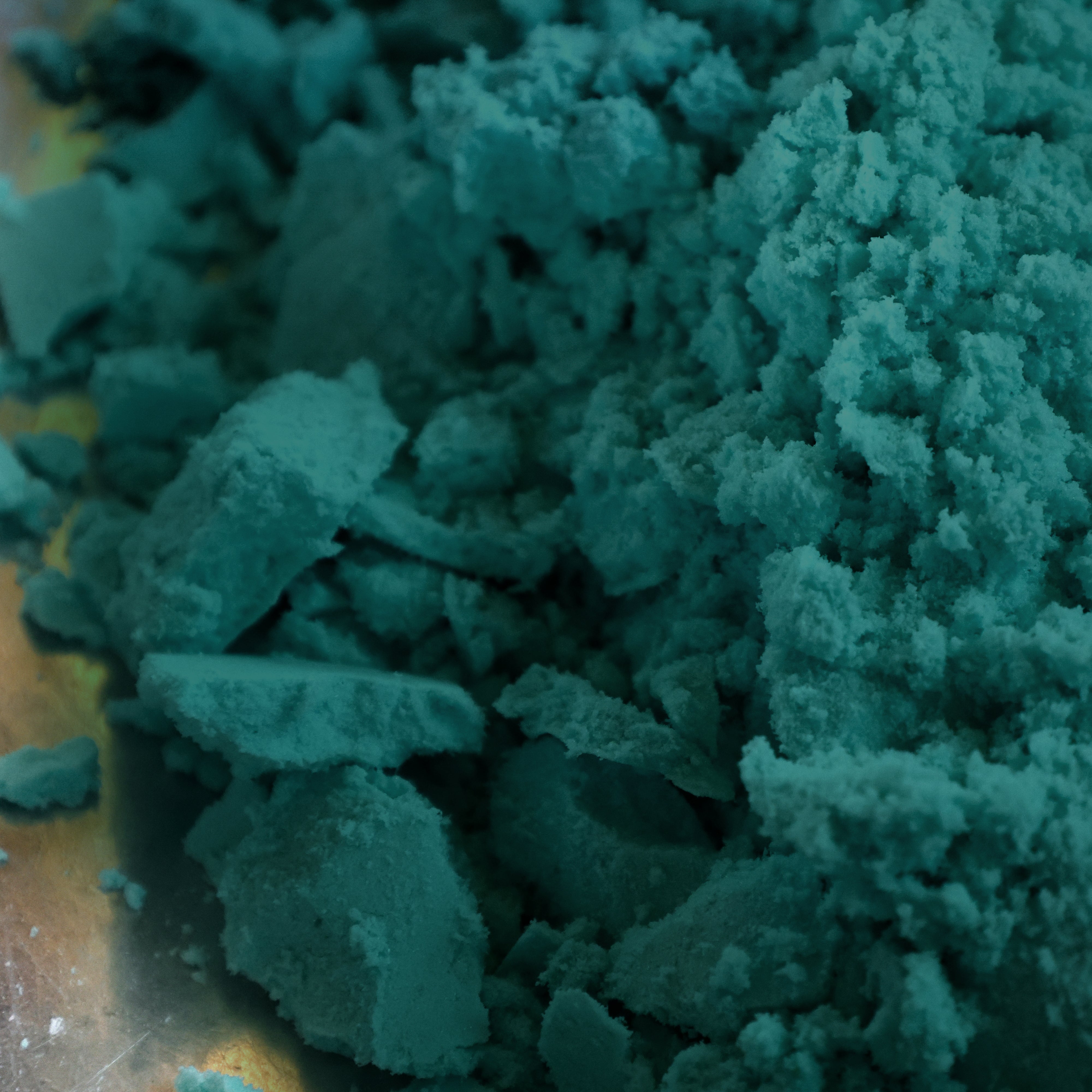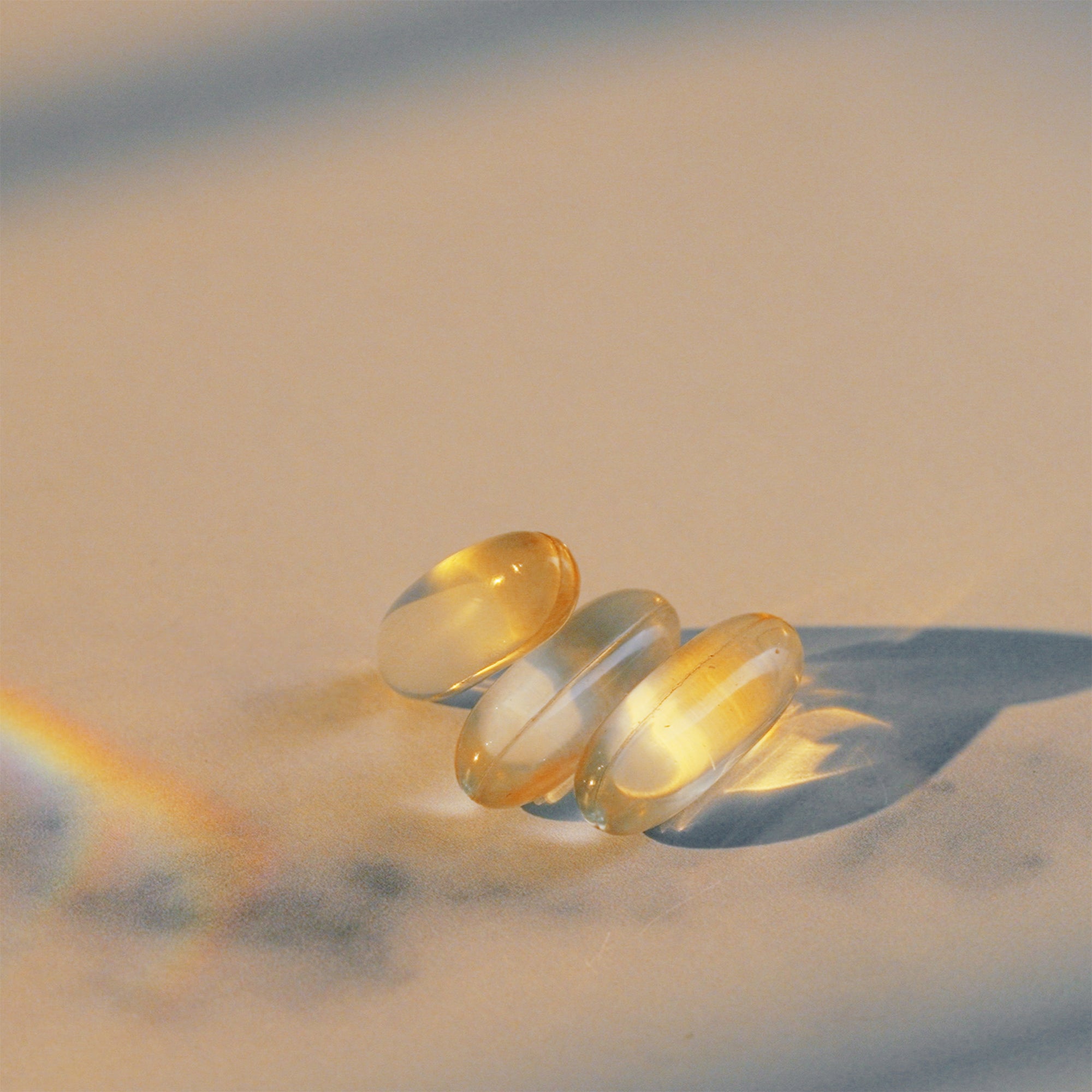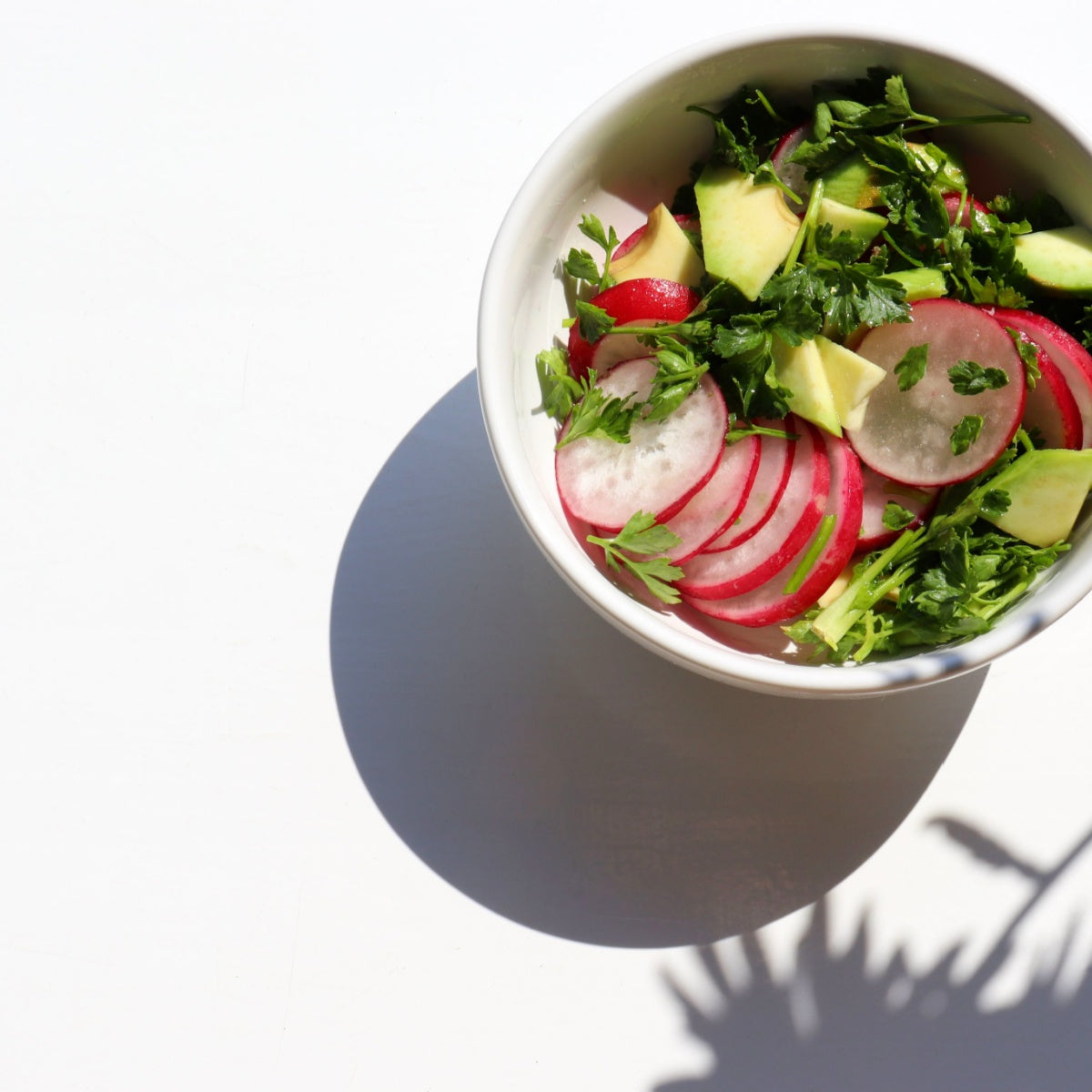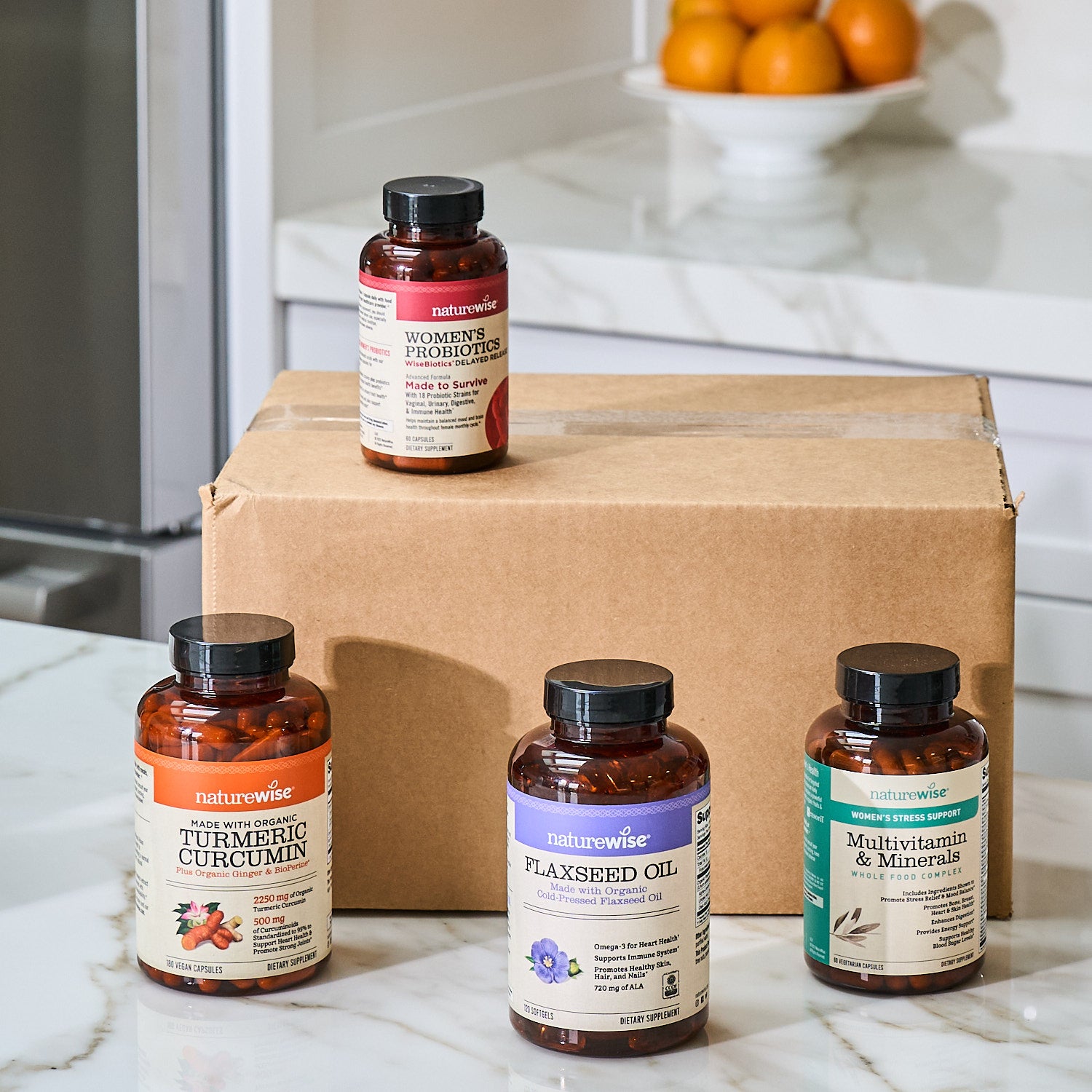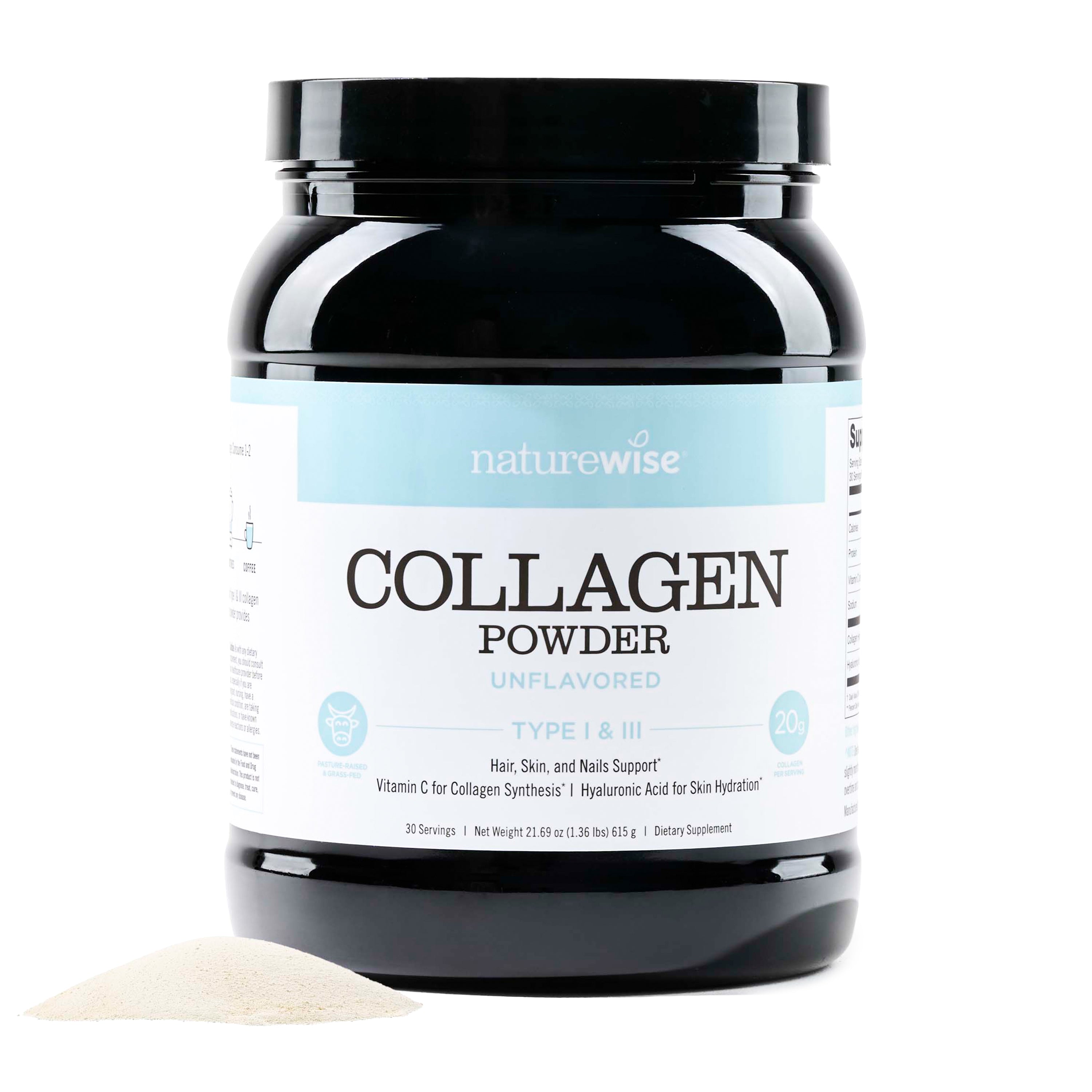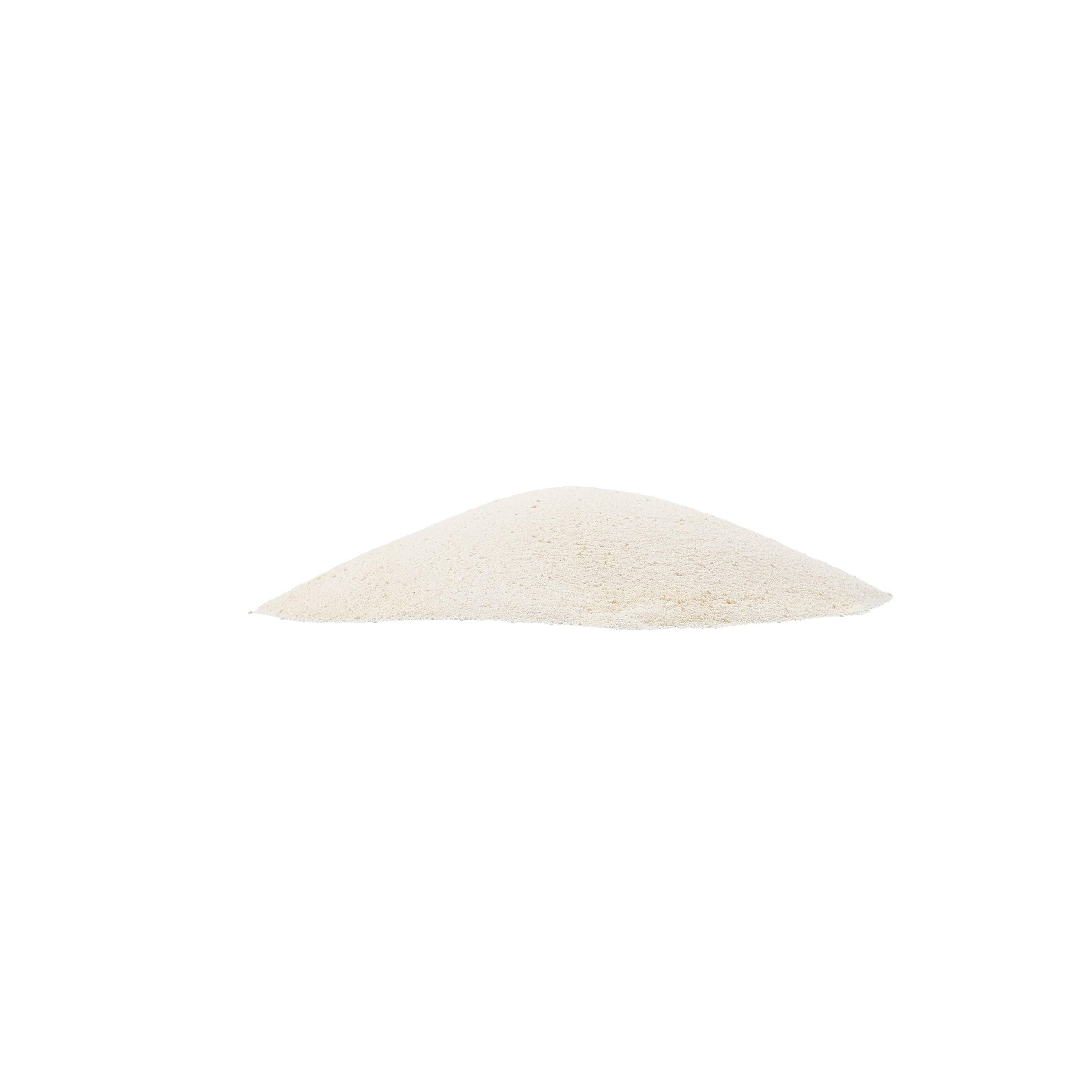The Truth About Collagen Supplements
Collagen supplements are seen as a fountain of youth: marketers and influencers alike tout their regained youth and bouncy skin. But do these dietary supplements work, or are they a waste of money? This blog dives into the science of collagen, collagen supplements, and the appearance of skin.
What is Collagen?
Collagen is a type of protein that makes up 25% of the dry mass in your body, and 75% of the mass in your connective tissues, per David Hyland, pharmaceutical expert. Thanks to its rigid structure, collagen is the perfect substance for skin, tendons, bones, and ligaments.
The collagen in your body helps fibroblasts form in the dermis, which is the middle skin layer. Collagen also helps grow skin cells, protect organs, and add structure to muscles.
Why Our Skin Ages
As you age, your collagen production decreases, and your existing collagen stores begin to break down. This mechanism can be explained by intrinsic aging which is the body slowing down its production of collagen, antioxidants, and hyaluronic acid.
In fact, the body’s ability to replenish collagen naturally decreases by about 1% per year. On top of that, the production of the matrix proteins falls and there is an increase of matrix-degrading enzymes.
External aging comes from outside factors such as UV rays, smoking, unhealthy diets and lifestyles. (1)
Amino Acid Profile
What makes collagen so special is its unique amino acid profile — it contains 19 amino acids rather than the standard 20. Collagen is missing cysteine and tryptophan but contains hydroxyproline, which isn’t found in any other type of protein. (2)
In fact, hydroxyproline, glycine, and proline are the three dominant amino acids in collagen- making up 50% of its mass.
These three amino acids form a triple-helix structure that is the foundation for collagen’s strength and durability. (3)
Hydroxyproline
Hydroxyproline is a special amino acid that is only found in collagen. As its name implies, it is a hydrogen and oxygen atom attached to proline (another amino acid). This specific amino acid is needed to form collagen’s special triple-helix structure.
This is where collagen supplements come into play: they contain hydroxyproline, the missing amino acid in all other protein types.
While the body has its own collagen synthesis mechanisms, a little boost from a collagen powder can provide the extra fuel for more collagen production.
What does collagen powder do?
Collagen powder is a dietary supplement that adds more amino acids to your body. These amino acids can be used to produce other types of protein, but they can also be used for collagen production.
Outside of your body’s natural synthesis of collagen, the only way to get more hydroxyproline is by consuming collagen. This can be through eating gelatin or bone broth, but collagen supplements make it easier to increase dietary collagen regularly.
Collagen powder supplements are usually derived from bovine collagen or marine collagen, but no matter where it comes from, all types of collagen have hydroxyproline, glycine, and proline to create the triple-helix structure. (4)
What types of collagen matter?
There are more than 30 types of collagen, and certain ones are more dominant than others. For the appearance and structure of your skin and tissues, type 1 and 3 collagen are the most important. Every type differs by how the molecules are assembled and how it is used in the body. These three are the most popular forms of collagen in the market:
- Type 1: Type 1 collagen makes up most of the body’s collagen (up to 90%), and is found in skin, bones, tendons, and tissues.
- Type 2: Type 2 is specifically found in cartilage, which helps your joints.
- Type 3: Type 3, like type 1, is found in all tissues but at a lower concentration. It is found in blood vessels, muscles, and organs. (4)
Does Collagen Powder Actually Work: The Science
Yes, and here is what we know about collagen supplements and their efficacy: Multiple clinical studies support the notion that daily consumption of collagen peptides improves the density and integrity of the collagen network, hydration, and elasticity of normal skin. (1)
Dietary supplements combining collagen peptides with other active ingredients including hyaluronic acid, antioxidants, and vitamins further improve the appearance of the aging skin. (5) Many studies on collagen supplementation that show significant results in skin hydration and appearance also include antioxidants such as vitamin C and hyaluronic acid. Vitamin C is an essential antioxidant that helps the body build the triple-helix structure found in collagen.
How Long Does It Take for Collagen to Work?
These clinical studies range anywhere from 4 weeks of collagen supplementation to 12 weeks of collagen supplementation. Starting at the 4-week mark, a study has shown that subjects who took collagen supplements saw significant increases in their skin elasticity. (5)
A longer study found noticeable results in skin hydration, elasticity, density, and roughness in 12 weeks of regular supplementation. (6) There was a significant increase in skin hydration levels, elasticity, and density, with a decrease in skin roughness for the group that took dietary collagen supplements regularly. The collagen supplement utilized in the study also contained antioxidants such as vitamin C and hyaluronic acid, which are known to promote the appearance of healthy skin.
Scientists also found that there was a high similarity between the collagen peptides from bovine collagen and those of human collagen. The hydrolysis of the bovine collagen yields specific bioactive short-chain peptides that are characterized by a high coverage of their amino acid profile with the amino acid sequence of human collagen I. (6)
What To Look For In Collagen Powder
When you’re on the hunt for a collagen powder, make sure you find a collagen powder that contains collagen peptides or hydrolyzed collagen. These are two terms that essentially mean the same thing: collagen that’s been broken down into short chains for easier digestion and usage in the body.
It’s also important to look for a collagen powder that contains types 1 and 3, if you’re looking to support the appearance of your skin.
Some collagen formulas contain extra nutrients like vitamin C, which is an antioxidant that supports your body’s production of collagen. Hyaluronic acid is also a popular addition found in collagen supplements, and it’s known for promoting skin hydration.
NatureWise Collagen Peptides are formulated with both vitamin C and hyaluronic acid to provide a comprehensive collagen supplement for supple skin.*
Collagen Supplements Are a Good Investment
Studies have shown the benefits of collagen powder supplements, time and time again. Make sure to find high-quality collagen peptides to truly feel the benefits on your skin.
References
1. Edgar, S., Hopley, B., Genovese, L. et al. (2018). Effects of collagen-derived bioactive peptides and natural antioxidant compounds on proliferation and matrix protein synthesis by cultured normal human dermal fibroblasts. Sci Rep 8, 10474 (2018).
2. Gauza-Włodarczyk, M., Kubisz, L., & Włodarczyk, D. (2017). Amino acid composition in determination of collagen origin and assessment of physical factors effects. International journal of biological macromolecules, 104(Pt A), 987–991.
3. Brodsky, B., & Persikov, A. V. (2005). Molecular structure of the collagen triple helix. Advances in protein chemistry, 70, 301–339.
4. Singh, D., Rai, V., & Agrawal, D. K. (2023). Regulation of Collagen I and Collagen III in Tissue Injury and Regeneration. Cardiology and cardiovascular medicine, 7(1), 5–16.
5. Proksch, E., Segger, D., Degwert, J. (2013). Oral Supplementation of Specific Collagen Peptides Has Beneficial Effects on Human Skin Physiology: A Double-Blind, Placebo-Controlled Study. Skin Pharmacol Physiol (2013) 27 (1): 47–55.
6. Bolke, L., Schlippe, G., Gerß, J., & Voss, W. (2019). A Collagen Supplement Improves Skin Hydration, Elasticity, Roughness, and Density: Results of a Randomized, Placebo-Controlled, Blind Study. Nutrients, 11(10), 2494.
